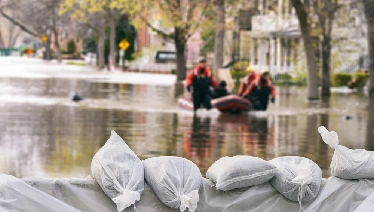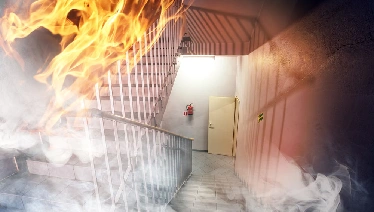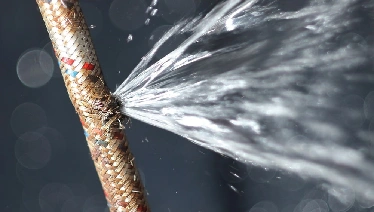mould growth can be a frustrating and potentially hazardous issue. Prevention is key, and the first step is to identify areas that are prone to mould. Pay attention to damp areas such as bathrooms, basements, kitchens, and areas around windows or pipes. Any area that has experienced water damage or has poor ventilation is also at risk.
To prevent mould growth, it's essential to control moisture in your living or working space. Keep humidity levels in check by using dehumidifiers, ensuring proper ventilation, and fixing any leaks promptly. Regularly inspecting and cleaning air conditioning units, gutters, and downspouts can also help in preventing mould growth.
Proper insulation is crucial, as it can reduce condensation and the chances of mould formation. It's recommended to use insulated doors and windows and insulate walls and roofs. Regularly checking and repairing any cracks or gaps in the building's structure is also important.
In the event that mould growth occurs, it's important to address it promptly. First, assess the extent of the problem by conducting a thorough inspection. If the affected area is smaller than ten square feet, you may be able to tackle it yourself. Use protective gear such as gloves, goggles, and a mask to avoid direct contact with the mould.
To clean mould, use a solution of detergent and water. Scrub the affected surfaces, and ensure they are completely dry afterward. In cases of larger mould infestations or if you're unsure about how to handle the situation properly, it's highly recommended to seek professional help.
To prevent mould from spreading, remove and discard any porous materials that have been extensively affected, such as carpets, ceiling tiles, or drywall. It's also crucial to fix the underlying moisture problem to prevent future mould growth. Monitor the area regularly to ensure the issue has been resolved and that no new mould is forming.
In conclusion, preventing and addressing mould growth requires a proactive approach. By identifying potential problem areas, controlling moisture levels, and promptly addressing any mould growth that occurs, you can create a safe and healthy environment in your property.
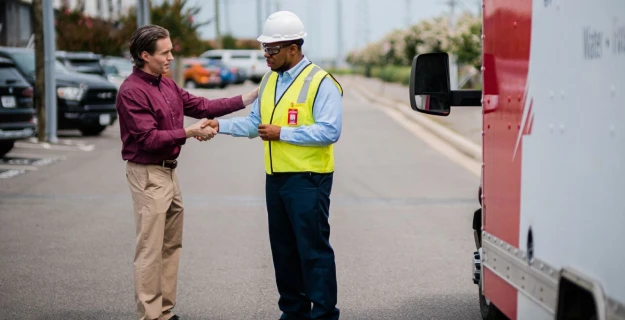
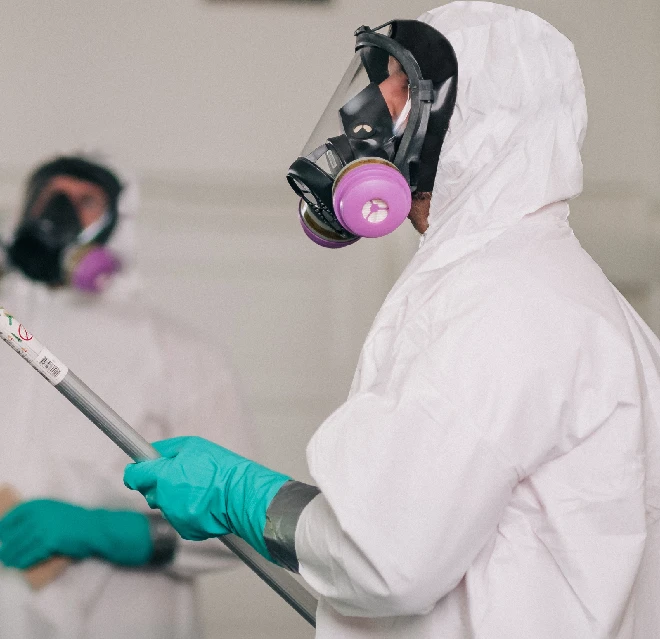
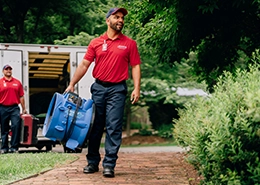

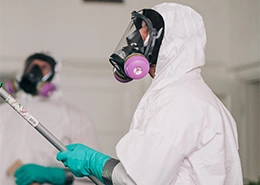

.webp)
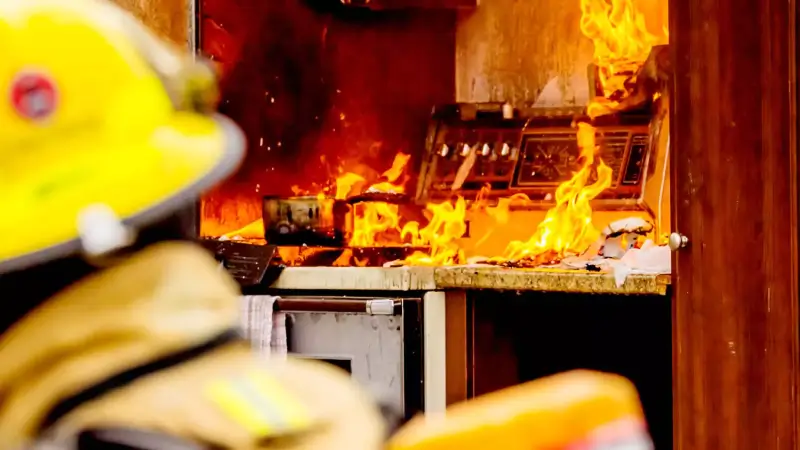
.webp)
